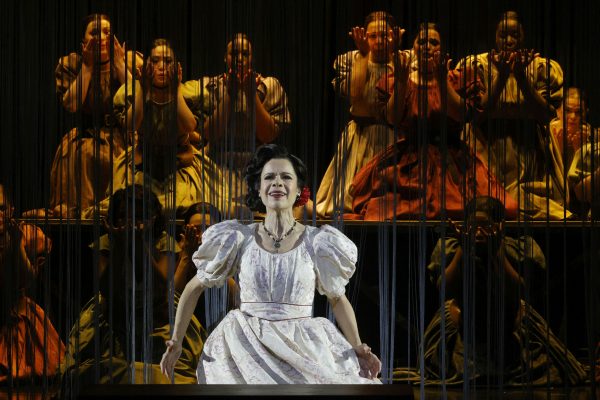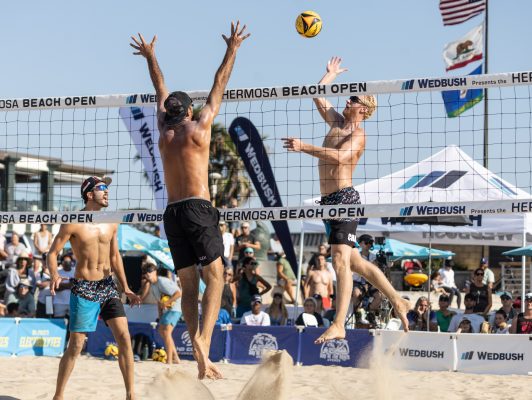
Tuesday night, City Hall overflowed with people. El Segundo development firm CenterCal, which is engineering the multimillion dollar project to revamp the Redondo Beach waterfront, was scheduled to present finalized design plans to the council, and residents were eager to weigh in.
But they didn’t have a chance.
An email sent Tuesday morning raised red flags in the City Attorney’s office, and ultimately forced discussion of the waterfront off Tuesday’s agenda.
The email, sent by District 4 Councilmember Stephen Sammarco, violated the Brown Act – a statewide law that forbids the council majority from discussing agenda items outside of a public meeting.
As disgruntled residents filed out of City Hall, District 2 Councilmember Bill Brand sensed their disappointment.
“It’s like going and getting your tooth pulled and the dentist isn’t there,” Brand said to the people leaving the room.
City Attorney Mike Webb explained the email in question, calling it “an aborted Brown Act violation.”
“By that I mean this morning at 10:08 a.m., Councilman Sammarco forwarded some thoughts on the item N1 to the mayor, city manager, and his other councilmembers,” Webb said.
“That’s a violation of the Brown Act in that the council may not discuss, deliberate, or act on any item under its purview other than at a properly noticed and agendized City Council meeting.”
Upon receiving Sammarco’s email, Mayor Steve Aspel called Webb, whose office intervened before all other members of the council had a chance to read the correspondence. The intervention aborted the Brown Act violation, but Webb’s advice to the council was still to postpone its discussion.
“I strongly reiterate my advice that none of the councilpeople discuss through any medium in any way whatsoever any topic related to CenterCal in the area of waterfront development… other than at a properly agendized meeting, whether that be closed session… or an open meeting,” Webb said.
The reason, he said, is that “the public has a right to participate, to view deliberations while they occur, not after the fact.”
Brand reminded members of the public that they, too, are capable of violating the Brown Act.
“Don’t tell him what I said and don’t you come back and tell me what he said, because then we’re having a meeting through you,” he said.
“If you get an email from one of us or something,” Aspel reiterated, “and you start forwarding it around the world, you could get that person who’s your buddy in trouble.”
According to that logic, Sammarco’s email must be made publicly available for one week before the council can offically discuss it.
“I have to take this suit back to the rental office and get another one so I’m not very happy about postponing this,” Aspel joked, but said that by upholding the Brown Act the council was affirming and demonstrating its commitment to open government.
“We might quibble like a bunch of spoiled little kids up here sometimes but I don’t doubt anybody’s ethics up here on the dais,” he said.
Only a handful of residents remained present until the meeting was formally adjourned. Al Meissner was the only person to address the incident.
“This type of shenanigans continue to district from the public’s ability to participate on a very, very important topic,” he said. “And I am just, again, dismayed at the shenanigans.”
“I know it’s going to be a real inconvenience for everyone here,” District 1 Councilmember Jeff Ginsburg said. “But it’s really the right thing to do.”
The discussion of CenterCal’s plan has been tentatively postponed to Nov. 12 – the same evening of the Redondo Beach Unified School District’s only November meeting.










